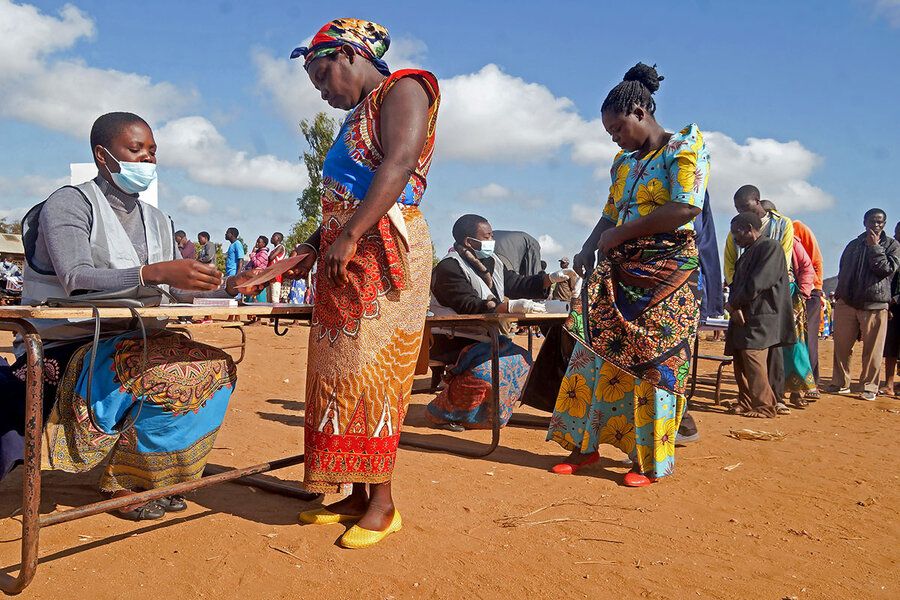By Burnett Munthali
In the tapestry of democracy, elections stand as the quintessential expression of the people’s will. Yet, their integrity hinges not just on the act of voting, but on the foundational principles of freedom, fairness, transparency, and credibility.
At the heart of any democratic election lies the fundamental right of every eligible citizen to cast their ballot without fear of coercion or manipulation. Free elections ensure that individuals can express their political preferences without hindrance, ensuring a true reflection of popular sentiment.

Equity in the electoral process is paramount. Fair elections demand a level playing field where all candidates and political parties compete under the same rules and regulations. This includes equitable access to media coverage, public resources, and opportunities for campaigning.
The transparency of elections serves as a cornerstone of public trust. It requires openness at every stage of the electoral cycle, from voter registration to the announcement of results. Transparent elections empower citizens to scrutinize and verify the integrity of the process, fostering accountability among electoral authorities.
Elections must inspire confidence among participants and observers alike. Credible elections are those conducted with integrity, where mechanisms are in place to prevent and address irregularities. This includes independent oversight, robust electoral laws, and impartial adjudication of disputes.
Despite these principles, the path to achieving free, fair, transparent, and credible elections is fraught with challenges. Issues such as voter suppression, electoral fraud, and political interference often threaten the democratic fabric. Addressing these challenges requires steadfast commitment from all stakeholders – governments, electoral commissions, civil society, and international observers.
Around the world, examples abound of both progress and setbacks in the pursuit of democratic elections. Countries like Ghana and Uruguay serve as beacons of successful electoral practices, where transparency and fairness are upheld. Conversely, nations grappling with electoral turmoil highlight the ongoing struggle to uphold these principles in the face of political polarization and authoritarian tendencies.
In conclusion, the journey towards free, fair, transparent, and credible elections is an ongoing endeavor, essential for safeguarding democracy worldwide. As citizens, it is our collective responsibility to uphold these principles, ensuring that elections remain a testament to democratic ideals – a reflection of our collective voice and aspirations.


